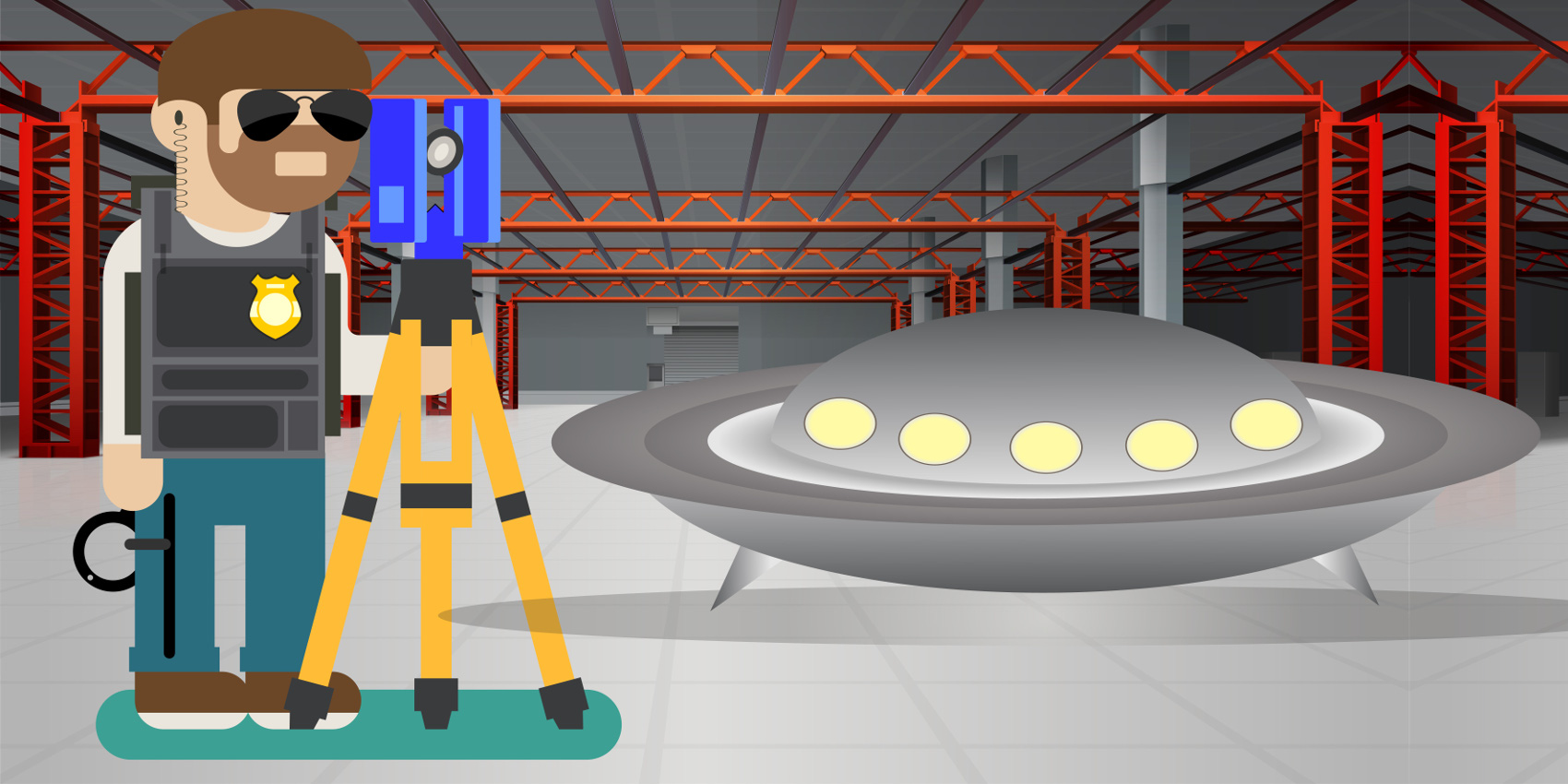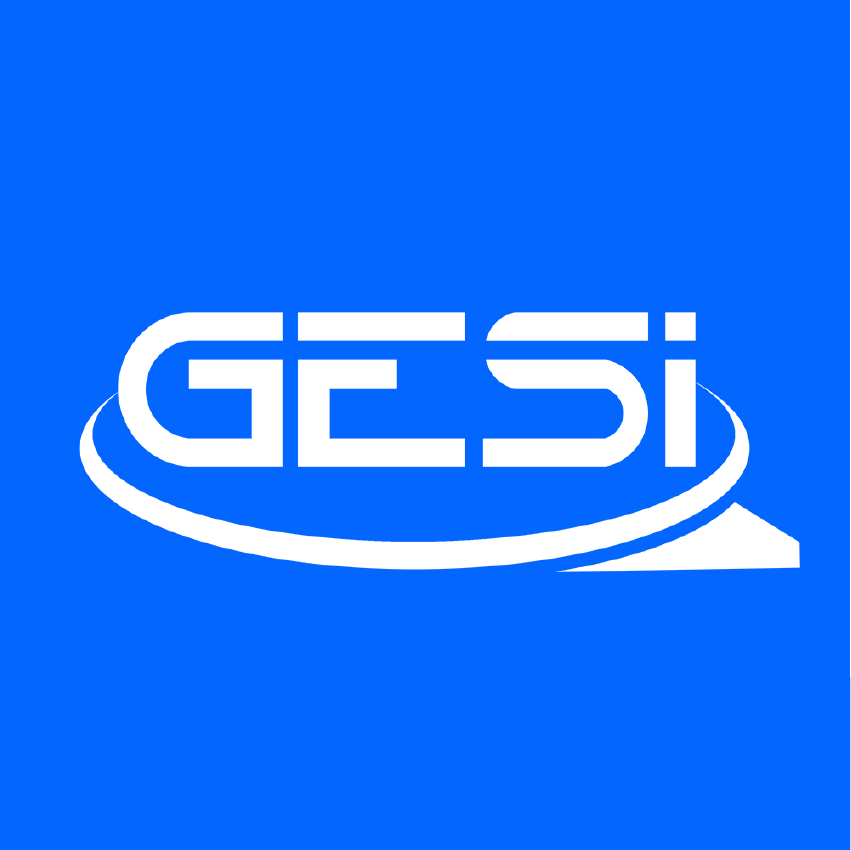Performing a Laser Scanner survey is, as of today, certainly the most objective and accurate method of surveying an object, a room, a building. However, while it is the best method of surveying, it can also be invasive, precisely because the goal of the scanner is to survey rooms as they are.

Scene, however, might contain something important: perhaps at that moment a product is being worked on that has not yet been publicized or there is a trade secret to be protected.
Customers with trade secrets are forced to abandon the idea of a Laser Scanner survey of their property or can they protect themselves in other ways?
GESI, which has always been close to the needs of all kinds of customers knows that in order not to incur any kind of problems it can protect the customer through the confidentiality agreement by accompanying it with suitable data sending systems to maintain data privacy.
The confidentiality agreement for the protection of a project is the agreement by which all contractors agree, before starting negotiations, not to disclose sensitive data related to the project to be carried out. It is required when certain information should remain secret and confidential, without being disclosed to third parties. Very often for Laser Scanner surveys, where the detection is objective and total, this type of agreement is required since the scanner detects everything in the room or building, reproducing reality as seen. So data security for a company working in the field of surveying is crucial today. Such data security procedures benefit not only the firm but also the client. First of all, the security agreement must be drawn up, which the two parties agree to mutually maintain, after which GE.S.I provides the client with two systems for sending data quickly and securely:
- Cloud Storage with cryptographic transfer;
- cryptographic VPN.
To ensure the use of data shared in the cloud, GE.S.I can encrypt all data entered with a simple algorithm with a symmetric key, such as AES 256 bit, which provides adequate security for small to medium-sized companies or, prefer an asymmetric key algorithm, such as RSA 3072 bit, which is much more complex and difficult to tamper with. In all cases, transit from cloud servers is always via encrypted communication. Of course, the choice of encrypting the data as well is discussed according to the needs of the client and the case. We constantly evaluate the performance of the servers and networks on which the data is to be shared, so that we can offer an exchange service that is always fast and functional.
Protected data submission can be done through 3 possibly overlapping systems:
- Encrypted data. The data is sent by mail or postal mail fully encrypted. This does not exclude interception of the data, which could however, be read in the future by solving the mathematical algorithm with which it was encrypted.
- Cloud server. The data is transferred possibly with a password identification and always with an encrypted transfer. Should third parties use the same password to download the data, we are able to note the breach. In addition, it is possible to delete the cloud data just downloaded so as to mitigate the risk of it being further downloaded by third parties.
- VPN. The data is not sent in any way: it is stored in the network and it is the client who takes it from the network. Surely this is the most secure method of protecting one’s information.
As previously announced, the 3 systems are superimposable: it is, for example, possible to encrypt the data, put the encrypted files in a password-protected cloud, and place the cloud, which already provides transfer encryption, behind a VPN with its own level of encryption and its own keys.
To be able to provide our customers with such services as of today, GESI has a full-fledged network infrastructure, with its own servers and services.


